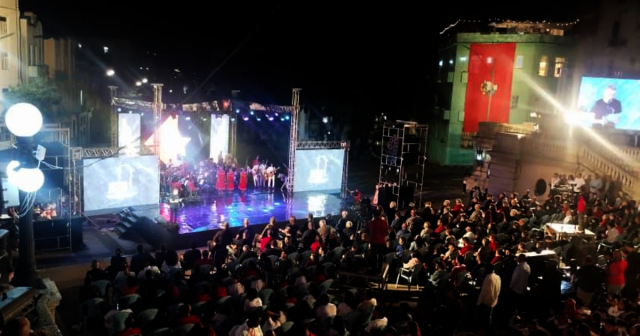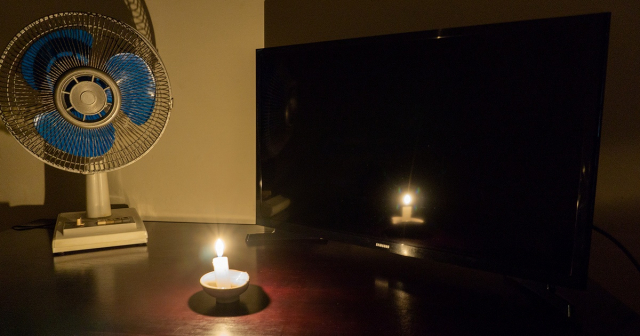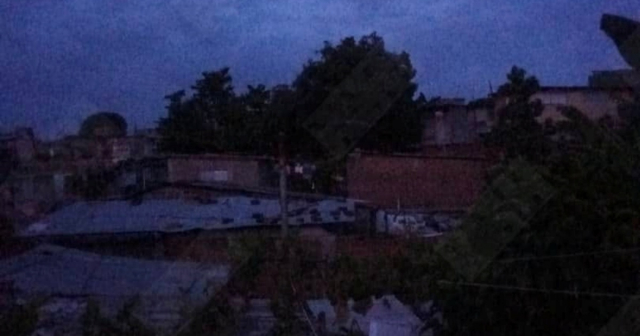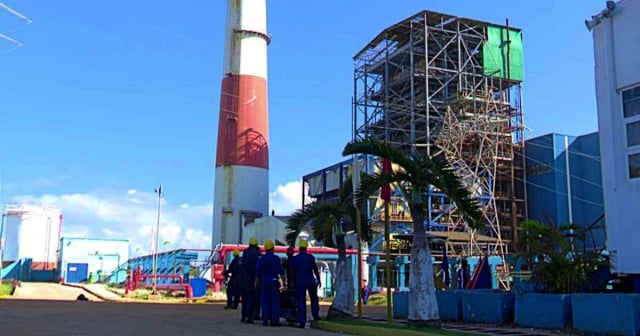A decree published this Tuesday in the Official Gazette mandates private, foreign, and state-owned companies to implement drastic energy efficiency measures.
The decree states that its main objective is to "establish regulations for the efficient use of energy carriers and renewable energy sources." It includes specific measures for situations involving electrical system stability and for contingency regimes.
One of the central points of Decree 110/2024 is the requirement for "large consumers" to generate at least 50% of the energy they use during peak hours from renewable sources starting in 2028.
The term "large consumers" refers to entities that use an average of 30 megawatt-hours or 50,000 liters of fuel per month.
The document states that those users must implement "a management system for the control and efficient use of energy carriers and renewable energy sources, in accordance with their corporate purpose, functions, and approved mission."
According to the decree, the measures must be included in a “program for the development, maintenance, and sustainability of renewable sources and the efficient use of energy, with a five-year scope.”
Concrete measures for implementation
New economic entities wishing to operate in Cuba will need to incorporate these programs into their planning from the outset.
Existing companies will have a period of three to five years to adapt.
If it is not possible to install photovoltaic panels at your facilities due to structural limitations, you will need to sign contracts with solar parks managed by the Unión Eléctrica (UNE).
In the case of investments that require large amounts of energy, the government will adopt a more restrictive approach regarding tariffs.
The new rates will be calculated based on the "real cost of generation with diesel at the official exchange rate approved by the Central Bank of Cuba."
However, this measure will not affect the Mariel Special Development Zone (ZEDM), whose rates will remain under the current regulations.
Sanctions for Non-Compliance
The decree also outlines a series of penalties for companies that do not comply with the new provisions.
Infringements range from maintaining facilities in poor condition to failing to adhere to consumption plans during peak hours.
Fines can reach up to 15,000 pesos, and there are even expectations of power supply interruptions lasting up to 72 hours.
In the event of an "electric contingency regime" - defined as a period of planned disruptions to the supply lasting more than 72 hours - penalties will be even more severe, reaching up to 20,000 pesos.
Among the specific violations are:
-Not having an electricity consumption plan during peak hours.
-Use air conditioning equipment in non-technological spaces at temperatures below 24 °C.
- Having cooling and air conditioning systems that are in poor condition or not properly sealed.
- Market equipment without the Energy Efficiency Label.
-Misuse of prepaid fuel cards.
Creation of "Energy Councils"
Another innovation of the Decree is the establishment of "Energy Councils" at the national, provincial, and municipal levels, composed of representatives from political, social, and mass organizations, as well as economic actors.
These Councils will have the authority to supervise and implement the measures established in the Decree.
Among its functions will be supervising the compliance with consumption plans and the implementation of renewable energy sources in the territories; monitoring high consumers and evaluating and controlling the performance of entities with high energy consumption.
They will also propose and implement measures in response to identified shortcomings in their areas of supervision.
The decree comes at a time when the Cuban regime has intensified its focus on renewable energy, especially regarding the installation of solar panels.
However, the obligations imposed by the regulations generate skepticism among small business owners and entrepreneurs in Cuba, who question the economic viability of complying with the new rules due to the high costs involved.
Although the official media have barely addressed the issue beyond a brief television report, it is expected that this measure will generate controversy in the coming weeks.
Decree 110/2024 is set against a backdrop of unprecedented energy crisis, which the government is attempting to mitigate through austerity and efficiency measures.
The new legislation not only highlights the Cuban government's inability to ensure an efficient and sustainable electrical system, but also shifts the burden of its failure onto economic actors, including small business owners and micro, small, and medium enterprises, who are already facing a challenging economic landscape.
Instead of implementing structural policies to modernize state electricity generation and promote genuine incentives for the transition to renewable energy, the regime chooses to impose obligations that will be costly and unfeasible for many.
The decree announced on Tuesday in the Gazette of Cuba will take effect 30 days after its publication.
Filed under:






